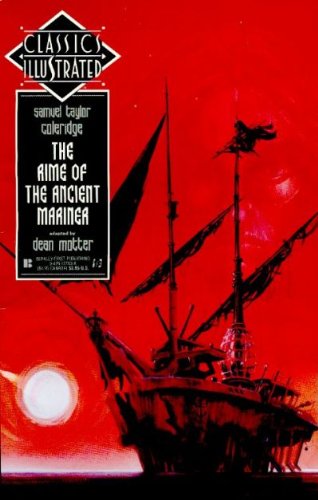


He has not learned to cherish all of Gods’ creations and he will pay a price for this. The Mariner is angry at his fate instead of remorseful for his crime, and he curses the sea and the creatures in it. The ship and its crew face difficulties as it comes to a halt on the sea.

Buchan writes “The shooting is an act, unpremeditated and unmeant, that nevertheless must be accounted for….” meaning that the Mariner must accept accountability for his actions so he can begin to atone for his sins (97). In his essay “The Sad Wisdom of the Mariner,” A.M. The Mariner gives no explanation to the Wedding Guest as to why he killed the bird because he has none. The murder was committed on a whim, with no forethought about the act or the repercussions. The bird was of no danger to the Mariner or the men on the ship, and in fact, was a spiritual guide to safeguard the crew on their excursion. The voyage now becomes a journey of learning important lessons in accountability, acceptance, forgiveness, and repentance.Īfter the Mariner kills the Albatross, it is hung around his neck so he can understand the seriousness of his act, but he is incapable of realizing the full implications at this time. He must also learn to abandon his negative views and openly accept all of Gods’ creatures. The Mariner faces an inner struggle over the crime he has committed, and must understand his actions and perform his penance. Samuel Taylor Coleridge’s “The Rime of the Ancient Mariner” is about a man on a voyage by ship, who in one impulsive and heinous act, changes the course of his life – and death.


 0 kommentar(er)
0 kommentar(er)
